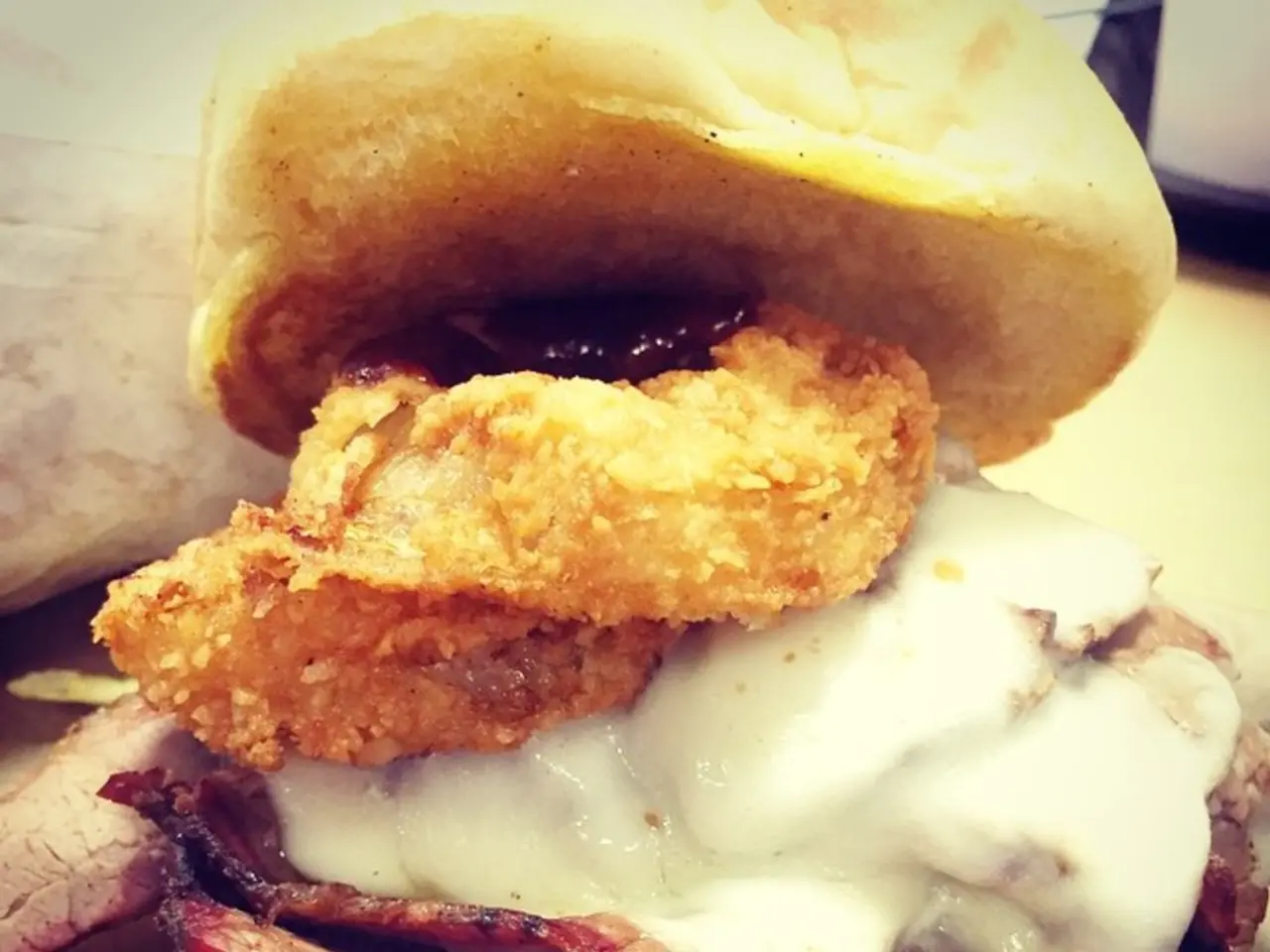Exploring Malnutrition Issues in Budgerigars: A Closer Look
In the world of pet ownership, few creatures bring as much joy and cheer as the budgerigar, or budgie. With their vibrant plumage and lively personalities, these small parrots have captured the hearts of many. For one author, the journey of caring for a budgie named Kiwi has been a transformative experience, offering valuable lessons about pet nutrition, adaptability, and mindfulness.
Caring for a budgerigar requires a deep understanding of their unique nutritional needs. A diet dominated by seeds, while popular, is typically high in fat but low in essential nutrients. Common nutritional deficiencies in budgerigars include vitamin A, vitamin D, calcium, and sometimes other vitamins and minerals such as vitamin B6 and manganese.
Vitamin A deficiency, very common in seed-only diets, can lead to respiratory problems, poor feather quality, weakened immunity, and susceptibility to infections. Signs include poor feather condition, respiratory issues like chronic respiratory disease, conjunctivitis, and sometimes digestive tract lesions such as ulcers and cheesy exudates in the mouth and nostrils.
Vitamin D and calcium deficiencies cause bone problems, including weak bones and skeletal deformities. In young birds, this may manifest as rickets or abnormal bone growth, while adult birds can develop osteoporosis and issues like cage layer fatigue (weakened bone structure leading to fractures). Calcium deficiency can also reduce eggshell quality in breeding females.
Vitamin B6 deficiency can cause stunted growth, incoordination, and neurological signs such as encephalomalacia. Manganese deficiency can lead to leg deformities and poor shell quality in eggs, and poor hatchability in poultry, which may also be relevant for budgerigars though less commonly reported.
Common clinical signs across these deficiencies include dull or ruffled feathers, lethargy, weakness, respiratory distress, and poor growth or development. Additionally, malnutrition often presents with beak or nail abnormalities and a weakened immune system, leaving birds prone to secondary infections.
To address these deficiencies, providing a balanced diet including fresh vegetables, formulated pellets, and cuttlebone supplements is crucial. Supplementing a budgie's diet with vitamins specifically designed for birds can significantly enhance their nutrient intake and help stave off potential deficiencies.
Diversifying a budgie's diet is also crucial for their overall health. Examples of foods that can be added to a budgie's diet include dark leafy greens such as kale, bright bell peppers, and crunchy broccoli and sweet carrots. Enriching a budgie's environment with toys, climbing structures, and ample social interaction greatly influences their happiness and overall health.
Watching a budgerigar try new foods can bring a sprinkle of joy to a pet owner's daily routine and deepen the bond between the pet and owner. Connecting with seasoned owners opened doors to various resources and forums, broadening the author's understanding of budgie care.
In the end, caring for a pet is about cultivating a vibrant, healthy life, not just providing birdseed. Each small change in addressing a budgie's nutritional needs results in significant improvements in their health and happiness. For more information on the topic, access this external resource: https://tummyrite.com.au/products/trp_bp.
- The author's journey with a budgerigar named Kiwi has taught valuable lessons about pet nutrition, not just in the context of budgerigars, but also in the realm of fashion, media, and lifestyle, as proper nutrition is a fundamental aspect of health-and-wellness, fitness-and-exercise, and science.
- In a similar vein, understanding the unique nutritional needs of budgerigars extends beyond seeds, and includes essential nutrients like vitamins A, D, calcium, B6, and manganese, which are often lacking in seed-dominant diets, and are crucial components in the broader discourse on health and wellness.
- Given that common nutritional deficiencies in budgerigars can lead to various health issues, such as respiratory problems, poor feather quality, bone problems, stunted growth, and neurological signs, it's essential to provide them with a balanced diet that includes fresh vegetables, formulated pellets, and supplements.
- To enhance the overall health of a budgerigar, diversifying its diet with foods like dark leafy greens, bell peppers, broccoli, carrots, and various supplements, and enriching its environment with toys, climbing structures, and social interaction, is akin to promoting wellness and lifestyle trends in human communities.
- Embracing the responsibility of caring for a budgerigar as an opportunity to cultivate a vibrant, healthy life, not just providing birdseed, aligns with the principles of media, science, health-and-wellness, and fitness-and-exercise, where promoting wellbeing and learning are paramount.




